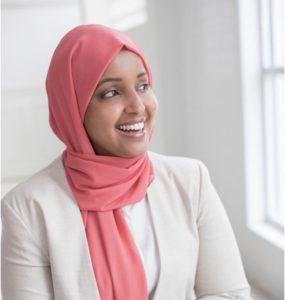Aspire to lead! Women lead differently, and our leadership is sorely needed in the times of Covid-19
- What led you to pursue a career in health?
I lost my mother to a mysterious illness that was potentially preventable or treatable. Being exposed to the burden of disease and death at a young age and spending my teenage years in a crowded refugee camp motivated me to pursue a degree in nursing and dedicate my career to improving community health and wellbeing.
- You were born in Somalia but spent your teenage years in a refugee camp in Kenya before moving to the USA. By your thirties, you were an award-winning CEO of People’s Center Clinics & Services. As a black African immigrant woman in the US, how did you beat the odds?
I would argue that my upbringing positioned me to approach both opportunity and challenge from a position of strength.
For example, it wasn’t until I was 18 and came to the USA that I was told I was black. I spent my formative years in African countries where the majority of people are black, so I wasn’t hindered, at an early stage, by racism or the idea that the color of my skin might hamper my success.
- Tell us about how your family and your background have influenced how you live and work?
I’m a middle child, so I’m adept at compromise!
I have always seen the many facets of my identity – a refugee, a black woman, a mother, a Muslim – as ways of building relationships with others. Every person’s makeup is complex – this richness should allow us to find commonality points rather than differences.
- Is there any tension between your emphasis on compromise, collaboration, relationship building, and being a leader?
On the contrary, I believe that empowering people allows them to grow into roles and rise to the challenge. Sharing of power and genuine collaboration means that each member of a team’s ideas and creativity are valued. In that environment, we all learn.
Leaders need to encourage collaboration, beginning with a collective purpose. Ultimately, this increases buy-in, participation, and projects’ success.
- What are your views on mentorship, and how, if applicable, has it played a role in your career advancement?
I am a strong believer in the power of mentorship to advance one’s professional aspirations. The women and men who mentored and sponsored me have opened multiple professional doors and helped me grow personally and professionally. I can’t imagine where I would be without their support and encouragement. I serve as a mentor because I want to make a meaningful difference in others’ lives and teach what I know. I was recently in a shopping mall when a former mentee I haven’t seen for a long time came up to thank me for mentoring her and helping her pursue her dream. It only took a few hours of my time, but it meant a lot to her. She is now a successful entrepreneur and mother.
The Foundation was created as a philanthropic platform for Africa Centres for Disease Control and Prevention (Africa CDC). It forges partnerships and mobilizes resources in service of crucial Africa CDC public health initiatives. Click To Tweet- You are currently Interim Director of Africa Public Health Foundation (APHF) – a new role and a new foundation sound like a lot of pressure! How are you finding it?
I am enjoying the challenge. The Africa Public Health Foundation was established in September 2019, pre-Covid-19; the founders, therefore, had no idea the extent to which our work and that of Africa CDC would be foregrounded.
This global pandemic has underscored the critical importance of public health systems and institutions in detecting and responding to disease threats and outbreaks. And I am hugely energized by the part the Foundation can play in ensuring Africa has the capacity and capability to prepare for future crises.
- Tell me a little more about APHF – what does the organization hope to achieve?
The Foundation was created as a philanthropic platform for Africa Centres for Disease Control and Prevention (Africa CDC). It forges partnerships and mobilizes resources in service of crucial Africa CDC public health initiatives.
The Africa CDC’s strategic areas include emergency preparedness and response, laboratory networks, public health research and information systems, and disease surveillance. In the past, I might have needed to explain each priority. Still, ordinary people worldwide now have a greater understanding of why efficiency and effectiveness in each of these areas are so important.
With high-level political and financial engagement, Africa CDC can help ensure that Africa’s public health systems are robust and resilient. The Foundation stands ready to support its work.
- You have worked on the city level and country-level public health initiatives in the US, Somalia & Kenya. You are now taking on an entire continent. What lessons learned will you bring to bear in this new role?
The most important lesson is one doesn’t work alone!
In each of the settings you mentioned, I have found that sustainable change requires commitment and cooperation across stakeholder groups – from governments and community leaders to funders and citizens. All systems change requires a common goal, an agreed pathway, and a belief that barriers will be cleared together.
Collective vision, combined with optimism and courage, can deliver results.
- What are some of the opportunities you see for women in health on the African continent?
The opportunities are endless. I find that Africa’s health care is visibly dominated by men or doctors, while women are the majority of providers at the bedside or in the community. It’s critically important that women of all healthcare backgrounds take up space and become visible in academic, practice, research, and leadership roles. I particularly want to encourage my sisters from the Diaspora to consider returning to the continent o lead and contribute their talent to strengthening Africa’s healthcare system.
- What advice do you have for other women in health?
Aspire to lead! Women lead differently, and our leadership is sorely needed in the times of Covid-19. We are much more collaborative and adept at bringing people to the table to solve complex problems. For those of us in informal or formal leadership roles, we must create a pipeline of young leaders and advocate for them at every level.
To learn more about the Africa Public Health Foundation, visit www.aphf.africa


Leave a Reply